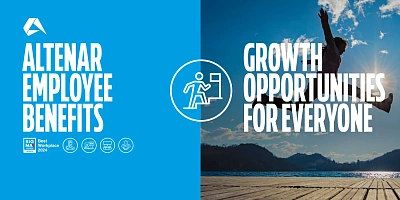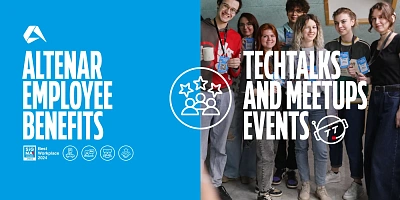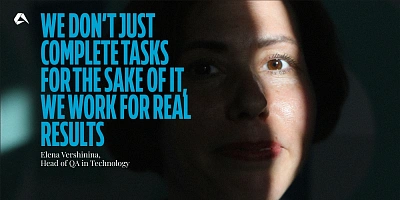According to the concept of binary thinking (Binary Bias), the human mind and computers operate similarly—sorting information into two distinct categories. For computers, this means 1s and 0s; for humans, it manifests in responses like “fight or flight.” A detailed look at Binary Bias comes from Matthew Fisher and Frank C. Keil, who co-authored “The Binary Bias: A Systematic Distortion in the Integration of Information”.
This form of thinking leaves little room for nuance—pushing individuals to see things in black or white. Many theorists suggest that such thinking may influence how bettors make decisions, for instance, choosing which team will win a match.
Fisher and Keil are not alone in examining this cognitive process. Articles like “Binary Bias: What It Is and How It Affects the Way We Think” from psychologysays.net and the study “Seeing Stars” by Fisher, Newman, and Dhar further explain the distortion caused by binary bias.
Writer Colin Wright also explores the topic in his article “Binary Bias”, concluding that this thought pattern oversimplifies complex scenarios into two extremes—ignoring the middle ground or external factors.
Yet, for sports bettors, data suggests there is no clear ‘good’ or ‘bad’ bet. Instead, players tend to think more flexibly and contextually when placing wagers—moving beyond strict binaries.
Explore more about binary bias below, or learn how Altenar, a sportsbook software provider, can help by contacting their award-winning team today.
A Deeper Analysis of Binary Bias with Sportsbook Software Provider Altenar
Richard Dawkins, in “The Tyranny of the Discontinuous Mind,” illustrates binary thinking as a survival mechanism—used for snap decisions like assessing danger or even choosing lunch. But this either-or model often oversimplifies the complexity of modern life, especially in decision-making across betting, caffeine habits, and online ratings.
Colin Wright notes that the brain’s discomfort with uncertainty feeds this illusion of “clear and direct thinking.” Fisher and Keil expand on this, stating: “Across a wide variety of contexts, we show that when summarizing evidence, people exhibit a binary bias: a tendency to impose categorical distinctions on continuous data. Evidence is compressed into discrete bins, and the difference between categories forms the summary judgment.”
A practical example of binary bias can be seen in YouTube’s original 5-star rating system. Viewers tended to rate videos as either 1 or 5 stars—avoiding the middle. YouTube replaced this with the now-familiar thumbs up/thumbs down model, reinforcing binary feedback.
Another example is in education. In her study “Binary Thinking: Promises and Pitfalls,” Dr. Marilyn Lovett Hampton notes that teachers often toggle between praise and critique—exemplifying binary cognitive processes.
However, the complexity of betting implies that a “good” bet can still lose and a “bad” bet may still win—challenging the logic of binary categorization. Bettors understand this and tend to apply more nuanced reasoning when placing wagers.
Dr. Hampton further posits that binary thinking is evolving into “this/and” thinking rather than “this/or,” highlighting the cognitive flexibility observed among sports bettors.
For bettors, the gray area—the nuanced middle—is where strategic decisions are made. Without extensive data or large sample sizes, it’s nearly impossible to make a truly binary prediction.
In conclusion, there’s no such thing as a purely ‘good’ or ‘bad’ bet—just a conscious move away from binary bias when it comes to sports betting.
Want to understand your players better, discover sportsbook solutions, and grow your success? Contact Altenar, a sportsbook software provider, today!













